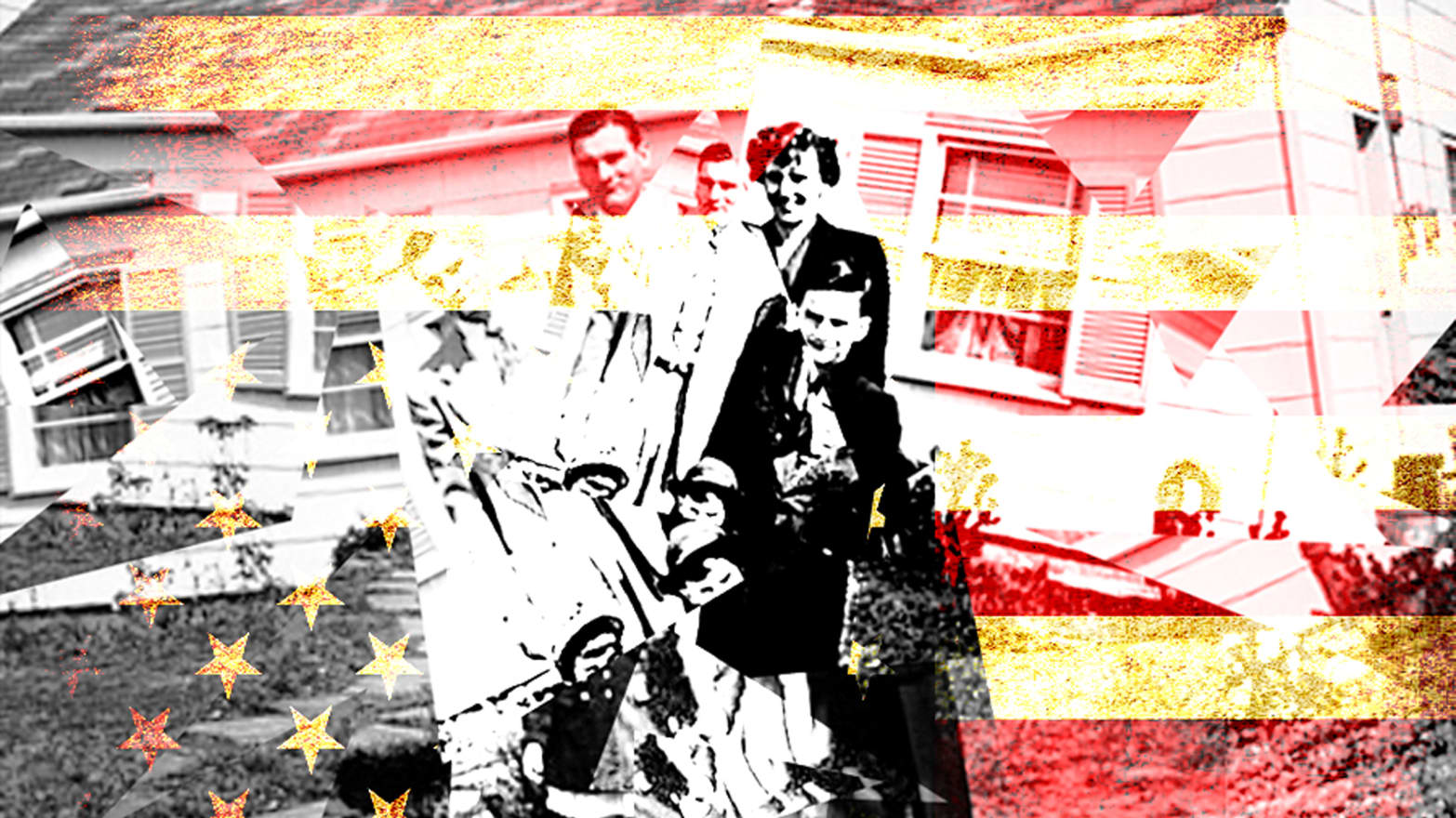In Psychology Matters, an April 2018 article titled, Escape from Motherhood, we have our questions answered. Let's look at that article here:
Motherhood. You don't have to be a psychologist to know that quality of mothering is crucial to every human. It can make or break children. The mother-relationship is a most important relationship in every human being's life. Her character, personality, and method of child rearing have more influence on a child than all other forces combined.
"It's in this relationship that the child begins to develop security and trust - a good feeling about himself and a sense that the world is worth moving out into and exploring."
Yet despite its basic, top-level importance, lots of mothers escape from mothering. The symptoms are all around us. It's a most disturbing deterioration of our time. We see it reflected today in growing numbers.
Women not wanting children. Inability of mothers to communicate with their children. Unhappiness of the children. Growing teenage drug problem. Increase in youth suicides and runaways. Vandalism. Teen crime.
I'm reminded of a 33-year-old mother who fled to another country to pursue an affair and a career. She left behind a 4-year old daughter and two teenage son and daughter.
Prior to her retreat, she became an agent of an entertainment company. In her business, she worked with a director and actors and actresses with loosened restraints on sexual impulses.
And so that's where her retreat from motherhood took root in fertile ground. Her degeneration of sexual morals and a new career philosophy made mothering a drag for her.
Obviously, popular culture, media, and society play a role here. They exert great influence on women's attitudes toward the value of motherhood.
Fidelity, maternity, and family values are curbed in favor of materialism, romanticism, and sexual "free love" alternate lifestyle.
But these polluted cultural values and repressions - beside personal factors - have little to do with what is real. They're lies we tell ourselves. They damage mothers. They ruin lives.
Good mothering then needs adequate psychological, emotional, and spiritual support to make it thrive. From God. From men. From family. From media. From culture and society.
Psychologist Dr. Eric Fromm writes,
"The mother-child relationship is paradoxical and, in a sense, tragic. It requires the most intense love on the mother's side, yet this very love must help the child grow away from the mother, and to become fully independent."
Our next generations depend on healthy mothering. The survival of humankind and civilization hangs on it.
Why is motherhood considered unfavorable or being devalued in the social imagination? All in all, its the age of technology that disenchants people in the place where they are; its truly a problem and has been a social pitfall for the social imagination and will be its ultimate ruin for everyone in it. Most of reality, as we know it will become unreal...sooner than later replaced with a new real but whose new real, that's anyone's guess... but it won't be human.
AUTHOR'S COMMENT: Speaking from my own experience, I did what that 33 yr. old mother did. Why? Not because being a mother was a drag for me. I loved it. However, the social pressures around me did not love that I loved being a mom. My own mother was severely critical, in fact... she told me to my face that I was wasting my life just being a mom. What a shame...
Thank God, I am back in my children's life through my own desire to be their mom and not be what society wants me to be. If you are a mom, whether 100% stay at home, or a working mom, know that I support you completely. Keep doing your job and do your best regardless of what others around you think and say because ...our next generations depend on healthy mothering. The survival of humankind and civilization hangs on it.
https://www.psychologymatters.asia/article/466/escape-from-motherhood.html


